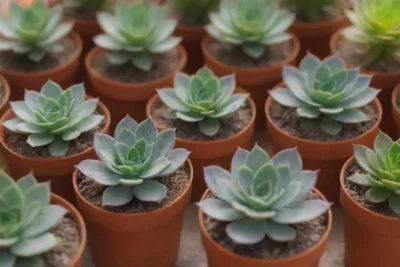
Connecting with Nature: The Therapeutic Effects of Succulents
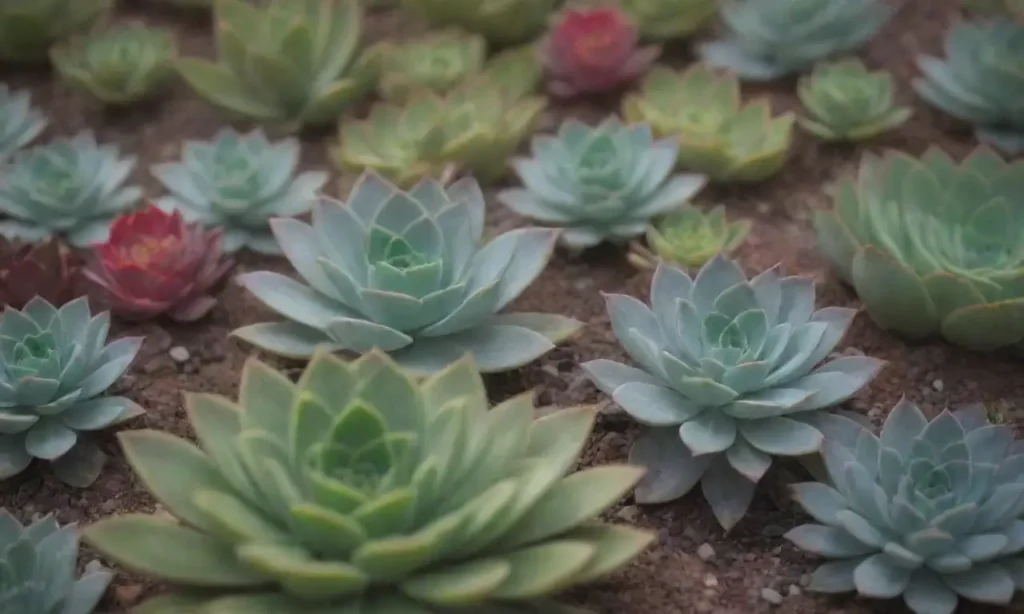
Introduction
In today's fast-paced world, many of us have become increasingly detached from the natural environment, leading to heightened levels of stress, anxiety, and a host of other mental health issues. Nature has long been recognized for its therapeutic benefits, promoting a sense of well-being and relaxation. This phenomenon, often referred to as "nature therapy," emphasizes the importance of reconnecting with the natural world to enhance our physical and emotional health. Among the myriad ways to engage with nature, nurturing plants, particularly succulents, has emerged as a favored practice that combines aesthetics, simplicity, and effective grounding techniques.
This article explores the various therapeutic effects of succulents, emphasizing their ability to enhance our connection with nature and contribute positively to mental wellbeing. We will discuss the benefits of nurturing succulents, delve into their specific therapeutic properties, and explore practical tips to integrate these resilient plants into your life for an uplifting experience.
The Allure of Succulents and Their Benefits
Succulents have become increasingly popular in homes and offices because of their unique, striking appearance and low-maintenance care requirements. These fleshy plants store water in their leaves, stems, and roots, allowing them to thrive in arid conditions. Their attractiveness draws people in, but it’s their psychological and emotional benefits that keep many engaged with these remarkable plants.
Firstly, succulents are widely known for their ease of care, which makes them an ideal choice for individuals who may feel overwhelmed by the responsibilities of traditional houseplants. With a simple watering routine and exposure to natural light, succulents can flourish in a variety of environments. This accessibility encourages more people to embrace gardening, even if they are novices, fostering a sense of accomplishment and grounding as they nurture their plants. This sense of achievement can lead to increased self-esteem and feelings of capability, helping to combat the feelings of helplessness that often accompany stress and anxiety.
Moreover, the mere act of nurturing succulents can serve as a mindfulness practice. Engaging in gardening invites individuals to slow down and focus on the present moment, diverting their attention from distracting thoughts or worries. As people interact with their plants—whether through watering, pruning, or merely checking on their growth—they enter a meditative state where they can appreciate the beauty of life itself. This connection to the world around them cultivates a deeper appreciation for their surroundings and can lead to greater overall happiness.
Additionally, the aesthetic quality of succulents does not only serve decorative purposes; it also offers psychological uplift. The vibrant colors, diverse shapes, and intriguing textures of succulents can have a positive impact on mood. Studies have shown that colors in our environment can evoke different emotions, and having beautiful plants within our space can help create a calming atmosphere. This aesthetic appeal can help reduce feelings of angst and bring a shift towards more positive emotional states, making spaces feel more lively and inviting.
How Succulents Promote Mental Well-being
The impact of succulents on mental health extends beyond mere aesthetics. Research indicates that interacting with plants can relieve stress, reduce symptoms of depression, and foster emotional stability. Scientific studies have shown that plants can lower blood pressure, reduce feelings of fear and anxiety, and even improve overall mood. Caring for succulents is a form of interaction with the natural world that provides both physical and emotional benefits.
 Sustainable Practices in the World of Succulent Subscriptions
Sustainable Practices in the World of Succulent SubscriptionsOne particularly notable benefit of caring for succulents is its capacity to promote creativity. Engaging with plants, whether through arranging them in unique ways, experimenting with potting techniques, or learning about different species, stimulates the imagination and encourages exploration. This creative expression can serve as a vital outlet for emotions, allowing individuals to vent frustrations and articulate feelings that might be challenging to express verbally.
Creating a sustainable environment in your living space is another avenue through which succulent care enhances well-being. With the knowledge that plants convert carbon dioxide into oxygen, individuals instinctively appreciate their role in enhancing indoor air quality. This awareness fosters a sense of responsibility and connection to the broader ecosystem—an important factor in holistic emotional health. Through this relationship, succulents become not just survival tools but companions in alleviating emotional distress.
Succulents also excel in promoting routines and structure in our lives, particularly through the cultivation process. Establishing a watering schedule, monitoring their growth, and observing seasonal changes demand a level of attentiveness that differs from the busyness of everyday life. This awareness can ground an individual, establishing routine and reinforcing stability, especially for those who may be feeling lost or disconnected. This structure serves as a reminder that life is not only about responsibilities but also about nurturing and growth.
Practical Tips for Incorporating Succulents into Your Life
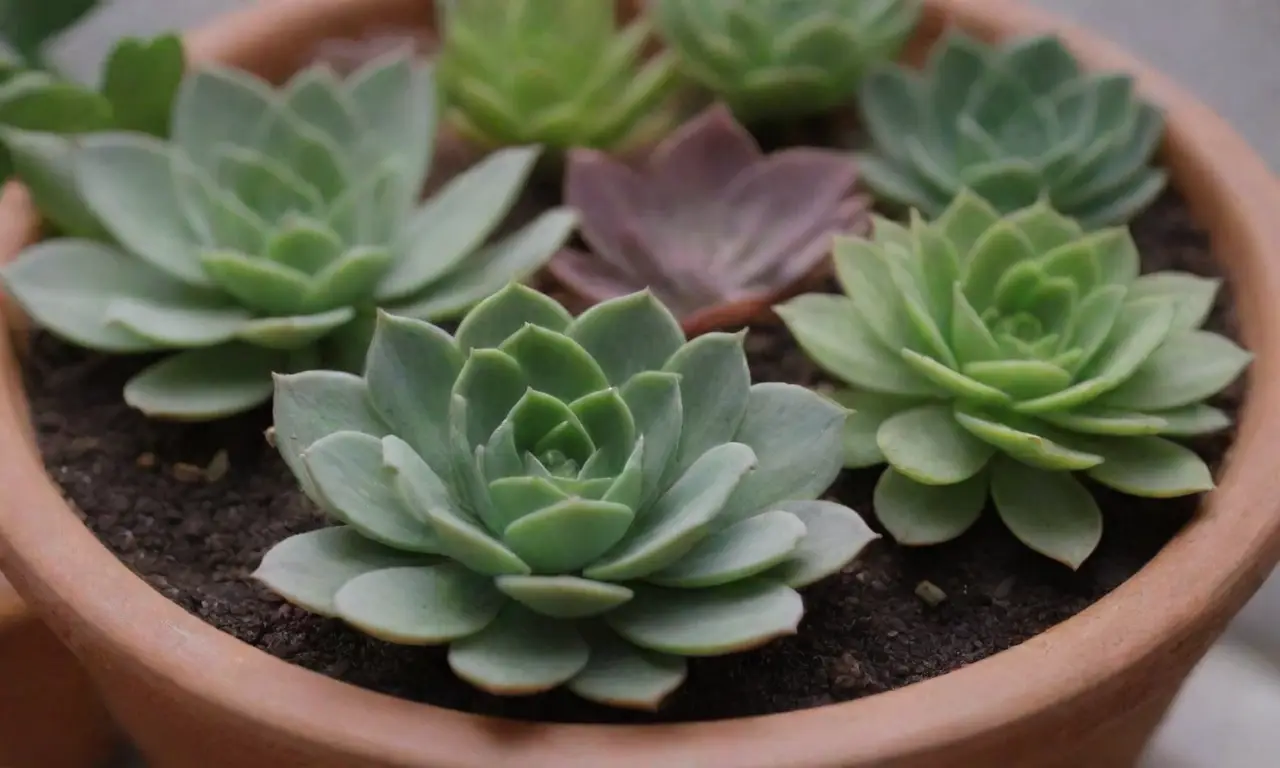
To experience the therapeutic benefits of succulents to the fullest, it’s essential to incorporate them thoughtfully into your daily life. Here are some practical tips for establishing a nurturing relationship with these unique plants.
Choose the Right Succulents for You
Begin with understanding the various types of succulents and their care requirements. Some popular choices for beginners include Echeveria, Aloe Vera, and Jade plants. Select plants that resonate with you aesthetically but also suit your living conditions; consider light exposure, available space, and environmental factors. Starting with just a few plants can allow you to focus on nurturing them effectively while offering you the chance to gradually expand your collection as your confidence grows.
Create a Dedicated Space
Designate a nurturing space for your succulents, anywhere from a sunny windowsill to a stylish shelf. This area can serve as a serene personal corner where you can pause and appreciate the beauty of your plants. To enrich the space, complement the succulents with decorative pots or even create a mini succulent garden—this can turn into a wonderful creative outlet. Adding personal touches to the space elevates your connection to the succulents, making them an integral part of your environment.
 Exploring Global Succulent Varieties Through Subscription Boxes
Exploring Global Succulent Varieties Through Subscription BoxesEstablish a Routine of Care
Integrate a simple routine centered around your succulents that fits comfortably into your life. Whether you set aside a specific day for watering, cleaning, or repotting, make it a ritual that invites you to slow down and connect with your plants. Over time, observe how these plants change and grow under your care. Journaling your experiences can also enhance the mindfulness aspect, capturing the lessons learned and the joy of growth.
Conclusion
Nurturing succulents offers a powerful avenue for reconnecting with nature and enhancing our overall well-being. By engaging in the simple act of caring for these delightful plants, we invite calmness, creativity, and routine into our lives, immersing ourselves in the therapeutic effects that nature has to offer. The diverse colors and forms of succulents can lift our spirits, while the responsibilities of care bolster our sense of achievement and purpose.
As we cultivate grace within our living environments, we foster resilience within ourselves. Our succulents may flourish in their own right, but through that nurturing, so too do we grow emotionally. By taking the time to connect with these unique plants, not only do we improve our living conditions visually, we also empower ourselves mentally and emotionally. Whether you are new to the world of plant care or an experienced botanist, embracing succulents as companions can cultivate an enriching and supportive environment that brings us closer to nature… and closer to ourselves.
If you want to read more articles similar to Connecting with Nature: The Therapeutic Effects of Succulents, you can visit the Succulent subscriptions category.

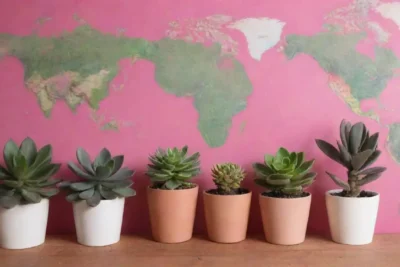
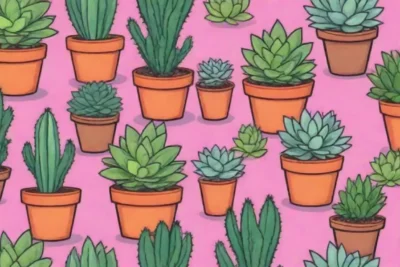
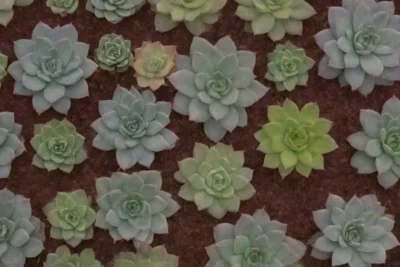
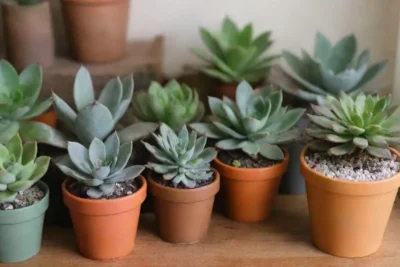
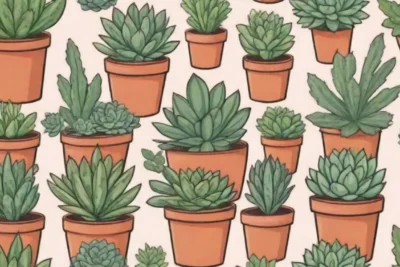
You Must Read